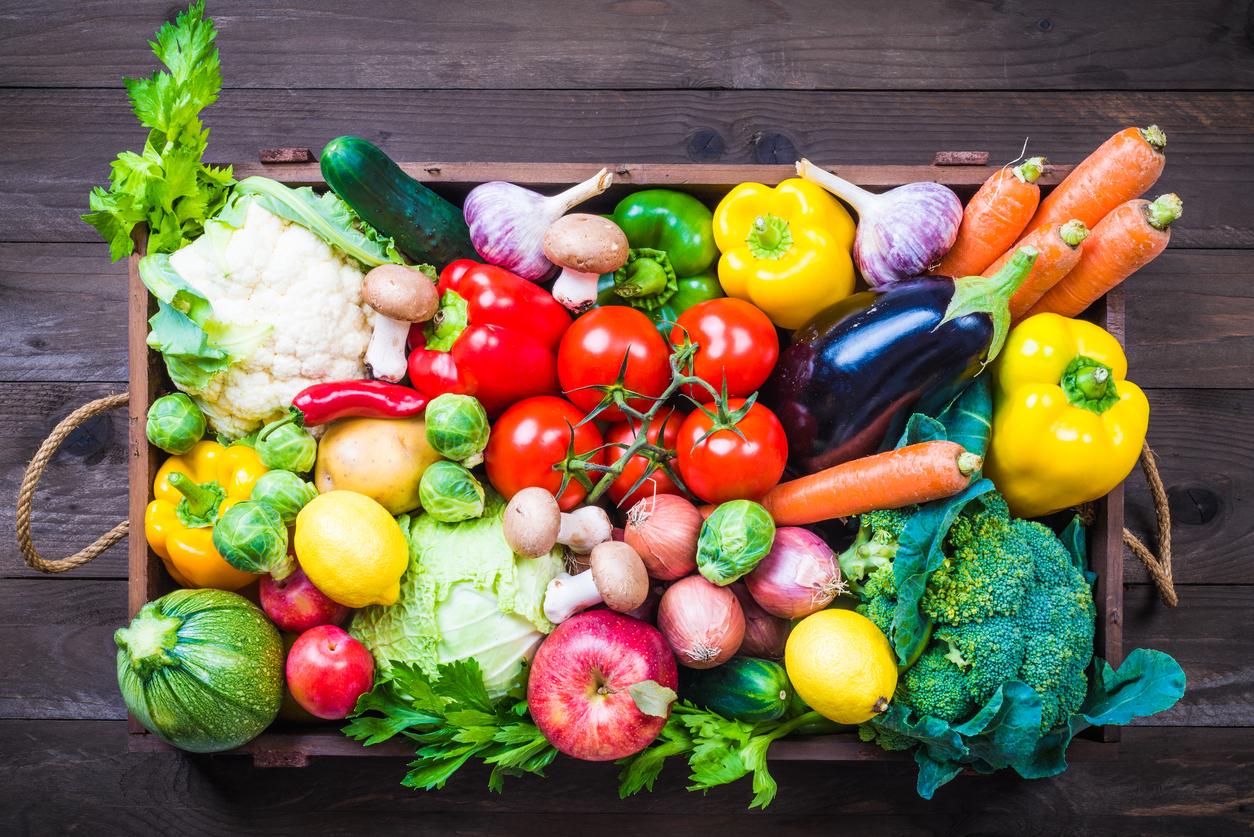Flexitarianism predicted as key food trend for 2017
Time to make friends with broccoli

Your support helps us to tell the story
From reproductive rights to climate change to Big Tech, The Independent is on the ground when the story is developing. Whether it's investigating the financials of Elon Musk's pro-Trump PAC or producing our latest documentary, 'The A Word', which shines a light on the American women fighting for reproductive rights, we know how important it is to parse out the facts from the messaging.
At such a critical moment in US history, we need reporters on the ground. Your donation allows us to keep sending journalists to speak to both sides of the story.
The Independent is trusted by Americans across the entire political spectrum. And unlike many other quality news outlets, we choose not to lock Americans out of our reporting and analysis with paywalls. We believe quality journalism should be available to everyone, paid for by those who can afford it.
Your support makes all the difference.We all know that eating less meat is good for the planet and good for our health, and it seems more and more of us are consciously making an effort to cut down on our meat consumption.
According to Whole Foods, flexitarianism - eating predominantly, but not strictly, vegetarian - is going to be one of the biggest food trends of 2017.
After the rise and fall of clean eating, flexitarianism is emerging as a much more achievable alternative to going full vegetarian or vegan.
As a flexitarian, you might only eat meat on weekends, when eating out or after 6pm - you can do it however is most manageable for you.
Of course, this way of eating isn’t new, but it’s becoming increasingly popular thanks in part to high-profile champions including Sir Richard Branson, Emma Thompson and Jamie Oliver, who all support the Meat-Free Monday campaign started by Paul, Mary and Stella McCartney in 2009.
“Meat Free Monday is the most brilliant excuse to focus on the incredible variety of veggies out there – the flavours, textures and wonderful dishes you can create are beyond belief. So here’s to Meat Free Monday and frankly, meat free Wednesdays too,” Oliver has said.
Studies have shown that cutting down on meat has a number of health benefits including reduced risk of diabetes, cancer and heart disease, and flexitarianism gives people a way to improve their health without going the whole hog and giving up burgers and steaks for good.
What’s more, with the rise of ethical and sustainable living, more of us want to help improve the planet - some organisations have estimated that the livestock sector could be responsible for as much as 51% of global greenhouse gas emissions.
So the solution for an increasing number of people is to go flexitarian, and Whole Foods thinks we’ll all be doing it in 2017.
But that’s not the only way we’re set to improve our health in the new year - the health food experts predicts a rise of non-wheat pasta (made with pseudograins like quinoa, for example), coconut sugar and flour, and purple foods too.
Join our commenting forum
Join thought-provoking conversations, follow other Independent readers and see their replies
Comments